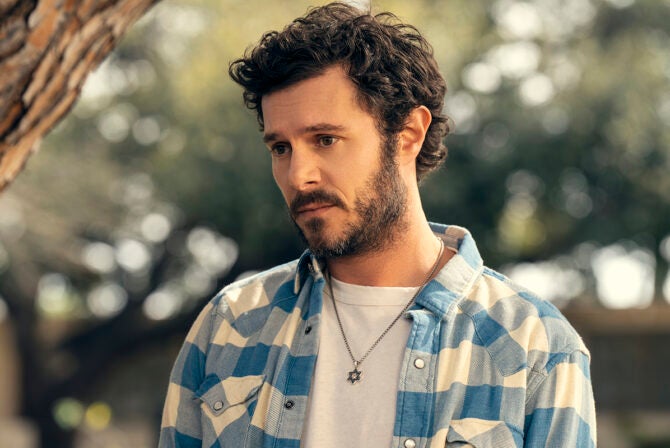Israel does a lot of things exceptionally well: Jewish life in general, giving people reasons to weep from spiritual depth, falafel, breeding good-looking Jews. But you know what Israelis aren’t doing so well? Feeding children. And while some mothers may fantasize about expensive vacations or ivy league acceptance for their kids, I find myself lost in a flurry of daydreams involving my toddler eating unsweetened peanut butter on whole wheat bread or some yogurt without added sugar.
Am I crazy? Maybe. But Israeli preschools leave me no choice. On English language forums for mothers in Israel, almost daily, a frazzled mother tells a tale about how their kids get a snack, supposedly to “keep them going” in the afternoon, of white bread with chocolate spread, cookies, or the infamous Bamba (think peanut butter flavored cheese doodles). But don’t worry, they don’t really give 2 and 3-year-olds candy and cake anymore. Having realized that it’s not so nutritious, they only give it on special occasions, including but not limited to a class birthday, an upcoming holiday, Rosh Chodesh, and Shabbat (you know, that weekly occurrence). Really very infrequently, they say.
Let’s back up. I grew up in America and from a young age, was taught that Spaghetti-O’s and Kraft Macaroni and Cheese were legitimate dinner choices. If I was good, I was rewarded with cookies. If I was bad, my processed, salty food lacking in nutritional value had to suffice. It took me years to learn what a balanced meal was and decades to fight a sugar addiction. In the past year, I’ve lost 25 pounds and reclaimed my health. Since we got married, my husband and I have worked to change the way we eat–though it was never quite as bad as my upbringing–so that our son never has to have a journey similar to mine. And we’re happy with that, because we know that food is true preventative medicine and that as parents, we have the ability to gift our child with the tools to make good choices that will contribute to his physical, psychological, and developmental well being.
Enter Israeli preschool.
We aren’t unique. Many native Israelis and ex-pat parents are stuck fighting a system that works in direct opposition to the healthy habits they’re trying to instill. Many of us have different perspectives about what exactly is healthy, but lots of us know one thing: this ain’t it. Thankfully, I’m seeing more and more grassroots efforts to affect policy change and am optimistic that in the future, schools won’t be allowed to feed our kids this euphemized crap.
But for now, what can we do? A lot of parents toy with the idea of sending kids with their own food, or substituting certain items (like whole wheat or rye bread instead of white, or naturally sugar-free lollipops for celebrations). Other moms chastise “The Subsitituters” for embarrassing their kids and not allowing them to “be like everyone else.” Where does that leave us?
In our Modern Orthodox context,
halacha
is relevant. Our preschools only have kosher food, and there is no known breach of halacha on part of the staff. But then, I wonder, what about our absolute obligation and the incredibly important mitzvah of caring for these bodies that are on loan to us for a lifetime? God forbid we should forget to check a leaf of lettuce for bugs–but go ahead, join the ranks and consume an average of 30 teaspoons of sugar per day. As a parent, as a Jew, I’m bewildered. Maybe it’s our discomfort with change as classic traditionalists, even as more and more information about nutrition and health becomes available. Or maybe we don’t want to believe that the happy place that our kids go to everyday could actually be doing something that could harm them for life.
But, again, as a parent and a Jew, I know that we aren’t doing my son any favors if we just keep quiet and let our hard work be hindered by just letting it go. So far, my husband has been baking bread for his sandwiches. Sometimes my son only eats a little bit of it and then wants what the other kids are having. But, hey, a little bit is better than nothing and what it will communicate to him as he gets older is really the point: your parents make a big effort to try and keep you healthy, and so should you.
Like this post? Get the best of Kveller delivered straight to your inbox.








